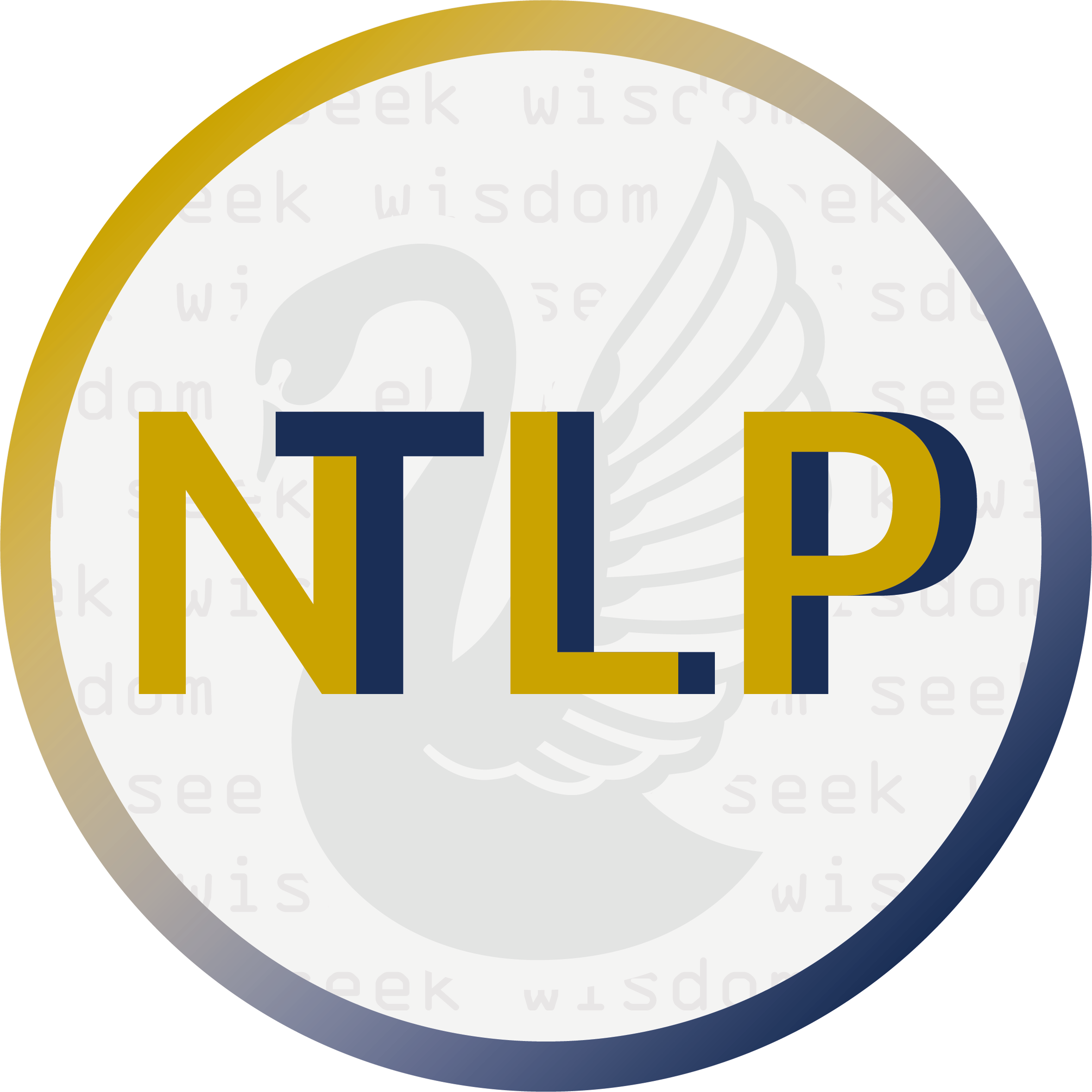How ChatGPT and Related AI Tools work
Facilitated by: A/Prof Wei Liu
Friday 17 February 2023, 2-4pm
EZone Central [209] Giumelli Learning Studio 3
Click here to watch the recording of the seminar.
ChatGPT as a multi-turn conversational agent has stunned end-users world-wide from all trades with its near human language capabilities. The abilities in generating executable code and writing with coherent arguments for practically any topic take the public imaginations to even start contemplating the future of AI embedded workforce.
This workshop provides the first forum for our young academics, from Dept. of Computer Science and Software Engineering, researching into the areas of deep learning for Language and Vision, to exchange ideas and thoughts, with the objectives to
- ground the discussions to focus on the machine learning models and techniques underpinning ChatGPT and related AI tools;
- build some basic understandings in the wider community of how data-driven AI is obtained through deep learning;
- unveil the technicalities, challenges and limitations to identify future directions of research.
The workshop is toned to suit
- AI and ML researchers who would like to join the discussion on what makes ChatGPT so successful (at least for near perceivable future) and what we can learn from it from multiple angles: human computer interface, transfer learning, deep reinforcement learning from human preference ..., just to name a few.
- General audience in the University community who are interested in knowing more about the under-the-hood technologies of ChatGPT and related AI tools.
Schedule (note the order may change)
- Dr Caren Han: Transformer, GPT, and ChatGPT Explained
- Sirui Li: The Journey of OpenAI GPT Models
- Dr Naveed Akhtar: Fooling Deep Learning in Computer Vision and Addressing it with XAI
- Dr Naeha Sharif: From Images to Text to Text to Images
- Prof. Zach Aman: Fine-tuning GPT-3 on textbooks to build a tutorial bot for a level 2 class at UWA

